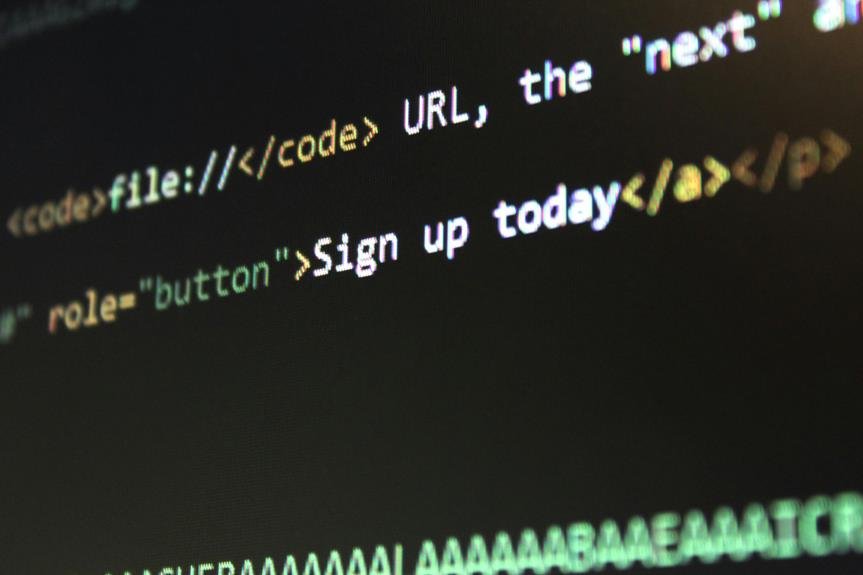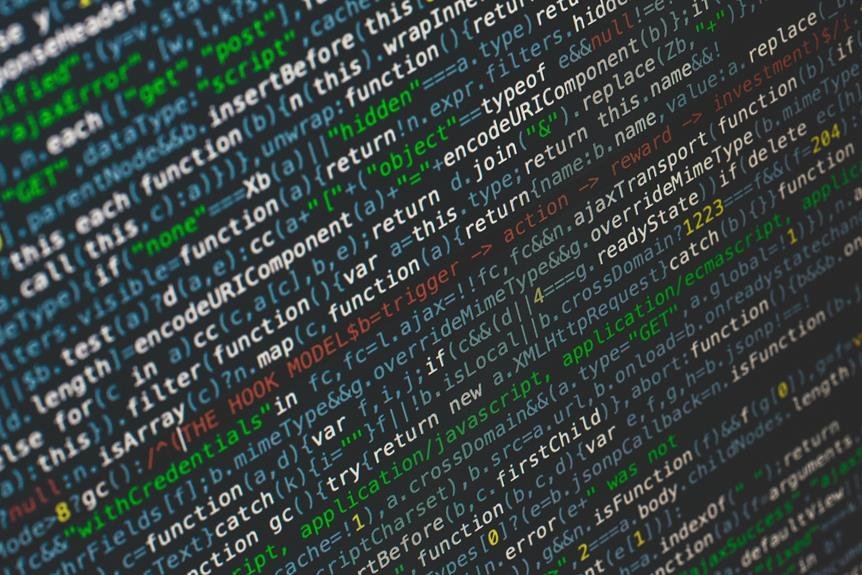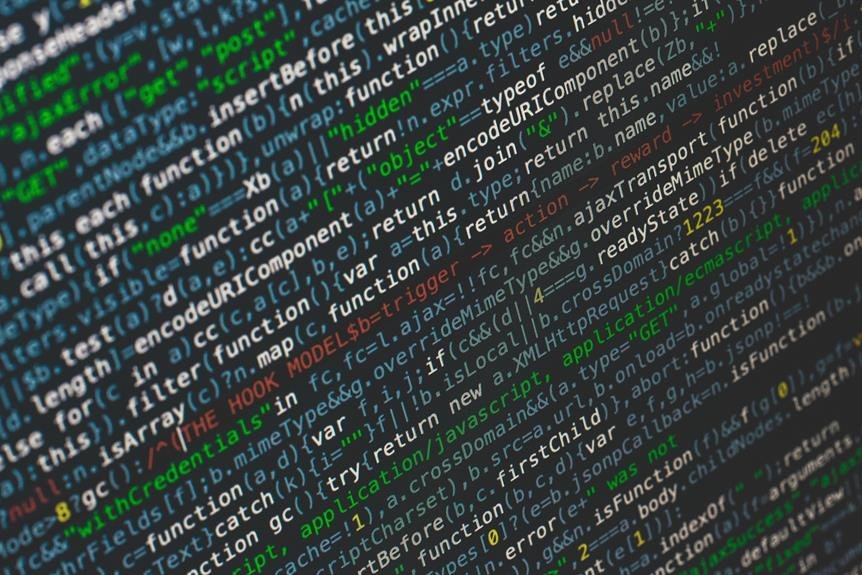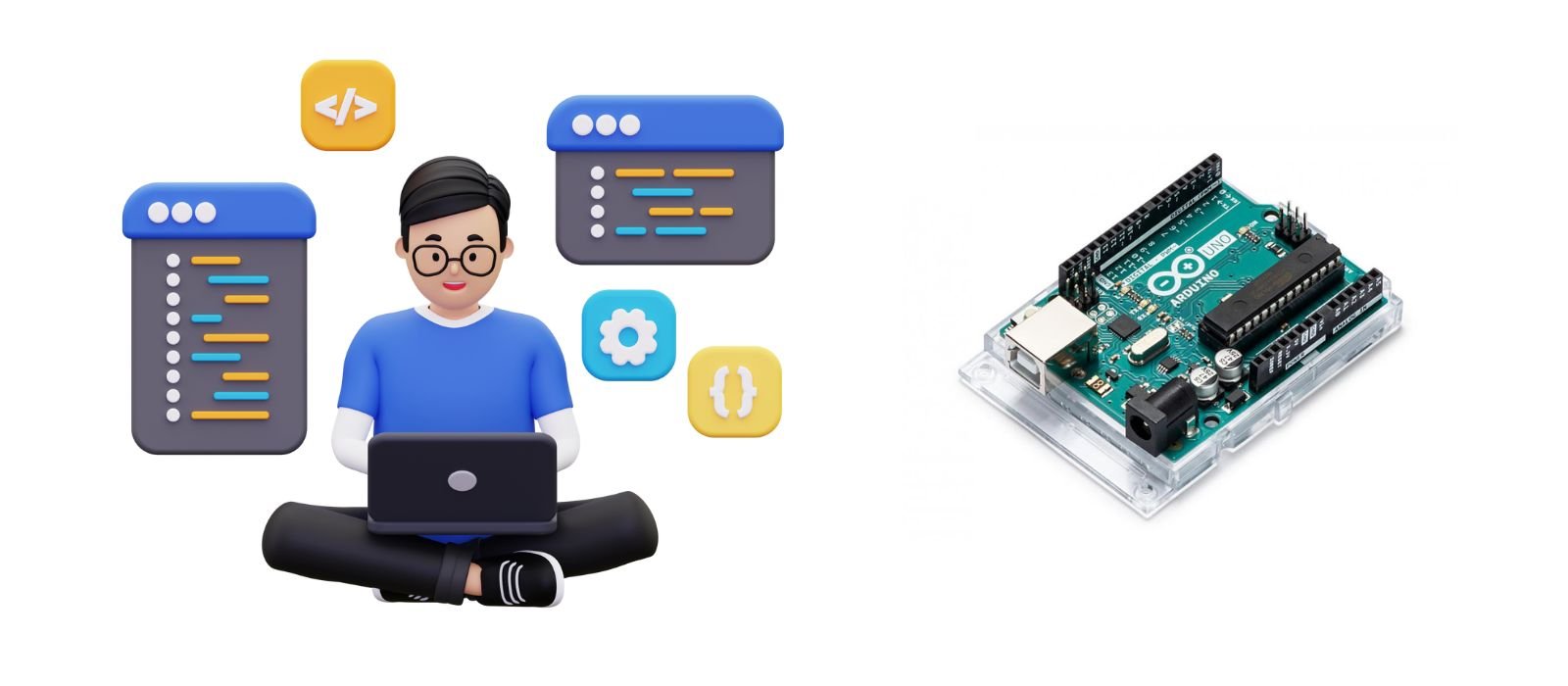Author: developertrend.com
-

Do All Programming Languages Require Compilation
When you consider programming languages, you might wonder if they all need to be compiled. The straightforward answer is no, they don’t. While compiled languages, like C++ and Rust, convert code into machine language before execution, interpreted languages, such as Python and JavaScript, execute code line by line at runtime. This difference can greatly impact…
-

Can You Use Multiple Programming Languages in One Project
You might wonder if using multiple programming languages in one project is practical or even beneficial. By leveraging the unique strengths of each language, you can enhance your project’s flexibility and scalability. Different languages excel in different areas, allowing you to compartmentalize tasks more effectively. But how do you select the right languages and guarantee…
-

Can a Programming Language Be Copyrighted?
When you consider whether a programming language can be copyrighted, you’ll quickly encounter a complex web of legal distinctions. While the language itself, as a functional tool, typically can’t be copyrighted, the specific way it’s expressed—like in source code or documentation—certainly can be. This distinction is important for developers who need to navigate the fine…
-

What Are the Principles of Programming Languages
Understanding the principles of programming languages is essential for any developer aiming to write efficient, maintainable code. You’ll encounter concepts like KISS (Keep It Simple, Stupid) and DRY (Don’t Repeat Yourself), which advocate for simplicity and avoiding redundancy. Design principles such as SOLID and the Law of Demeter guide you in structuring your code for…
-

What Programming Languages Work With Arduino Boards?
When you’re working with Arduino boards, you’ve got a range of programming languages to choose from, each offering unique benefits. Arduino’s own simplified version of C++ is the native language, making it a starting point for many. Python’s ease of use and strong data processing capabilities can be a game-changer, while JavaScript opens doors to…
